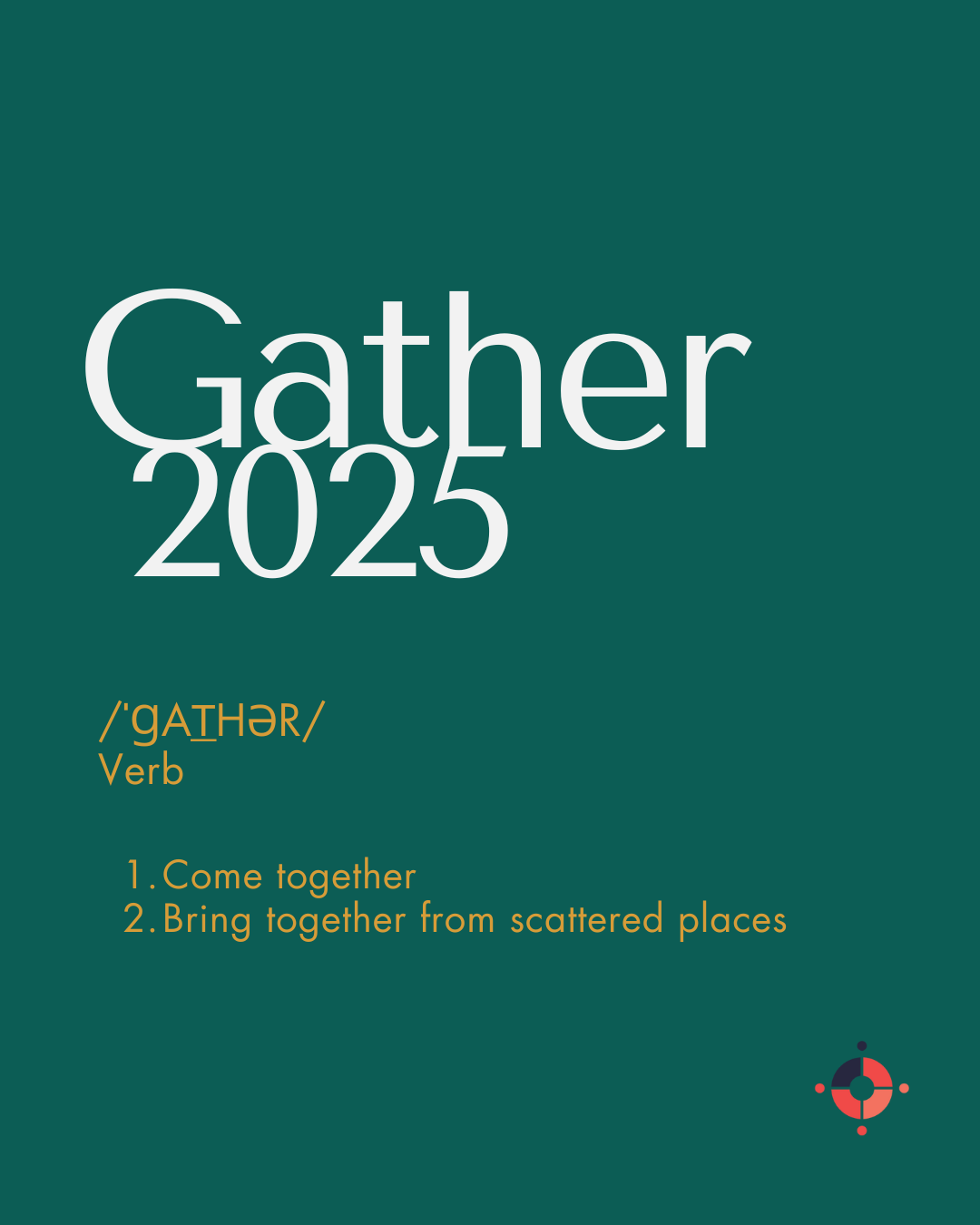We seek first God’s Kingdom and His justice on the earth. The Jesus Way.
Welcome
Discover What Brings Us Together. Explore What Holds Us Together
Welcome. We are a growing movement of churches across Canada, sharing resources and relationship, as we serve Jesus and make him known. Whether you’re already deeply invested in your local Vineyard church or looking to find a community to belong to, we’re glad you’re here!
Click the button below to learn more about Vineyard Canada.
Featured
01
Gather 2025
02
National Director Blog
The National Director’s Blog offers reflections and updates from Vineyard Canada’s national leadership, sharing insights on faith, community, and the movement’s ongoing story.
03
Wineskins Podcast
Wineskins is a podcast that invites honest, thoughtful conversations about faith, formation, and the changing landscape of the Church. .
FIND A CHURCH
WEST
CENTRAL
EAST
ATLANTIC
National Director Blog
Check out the latest blog posts from our National Director David Ruis.
Exile and Idols
In the third year of the reign of Jehoiakim,...
Jesus. Full stop
In a time...
A Request for Prayer
This month's reflection is more of a request...
Looking for past blog post?
Upcoming Events




